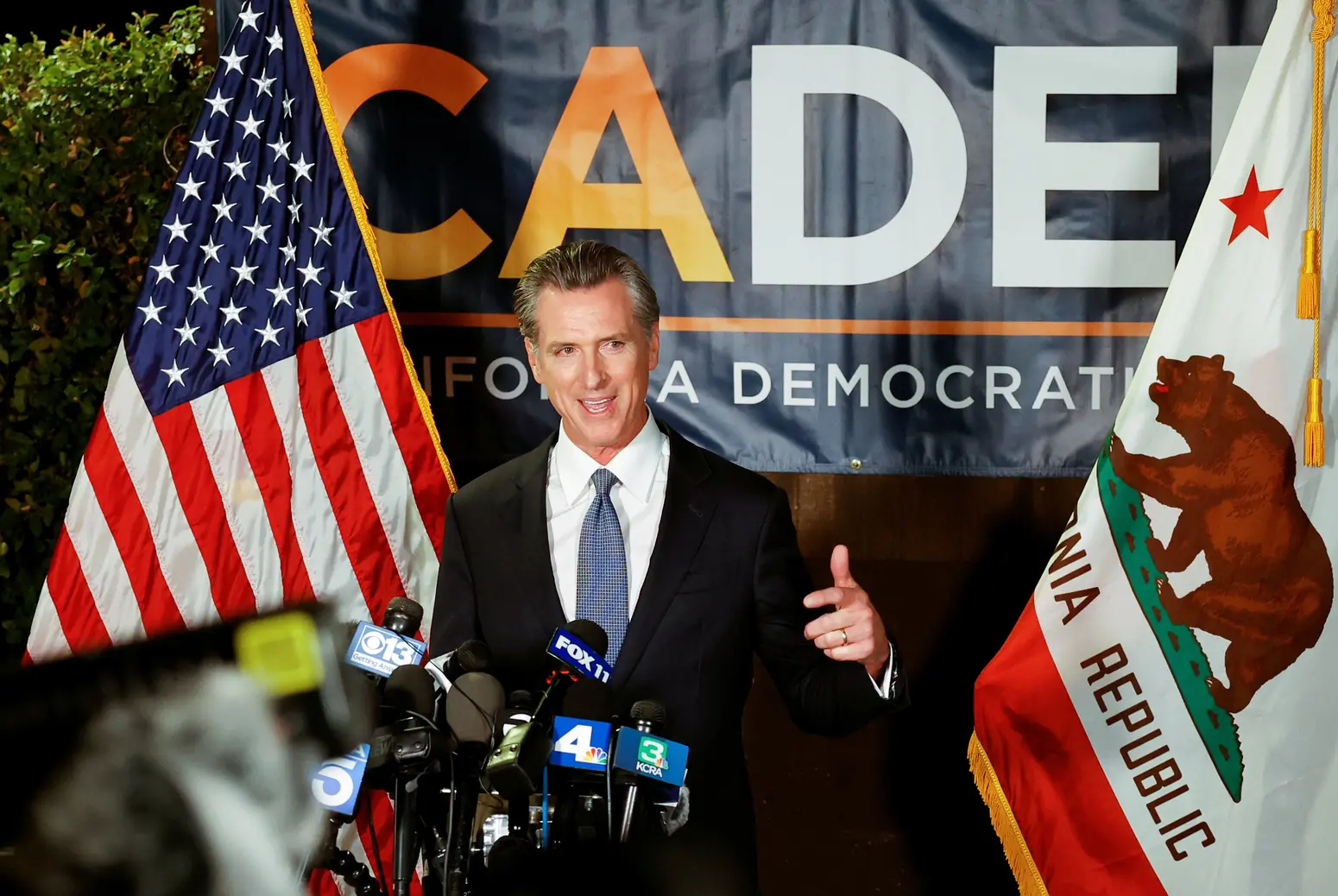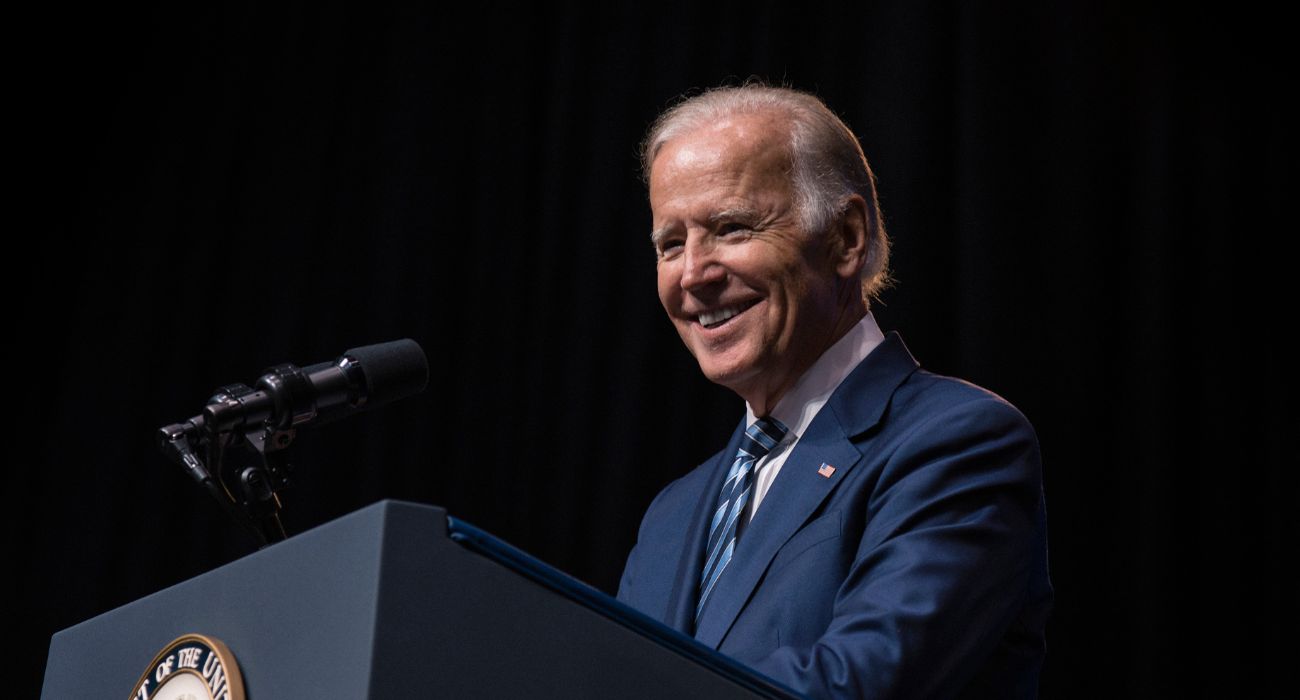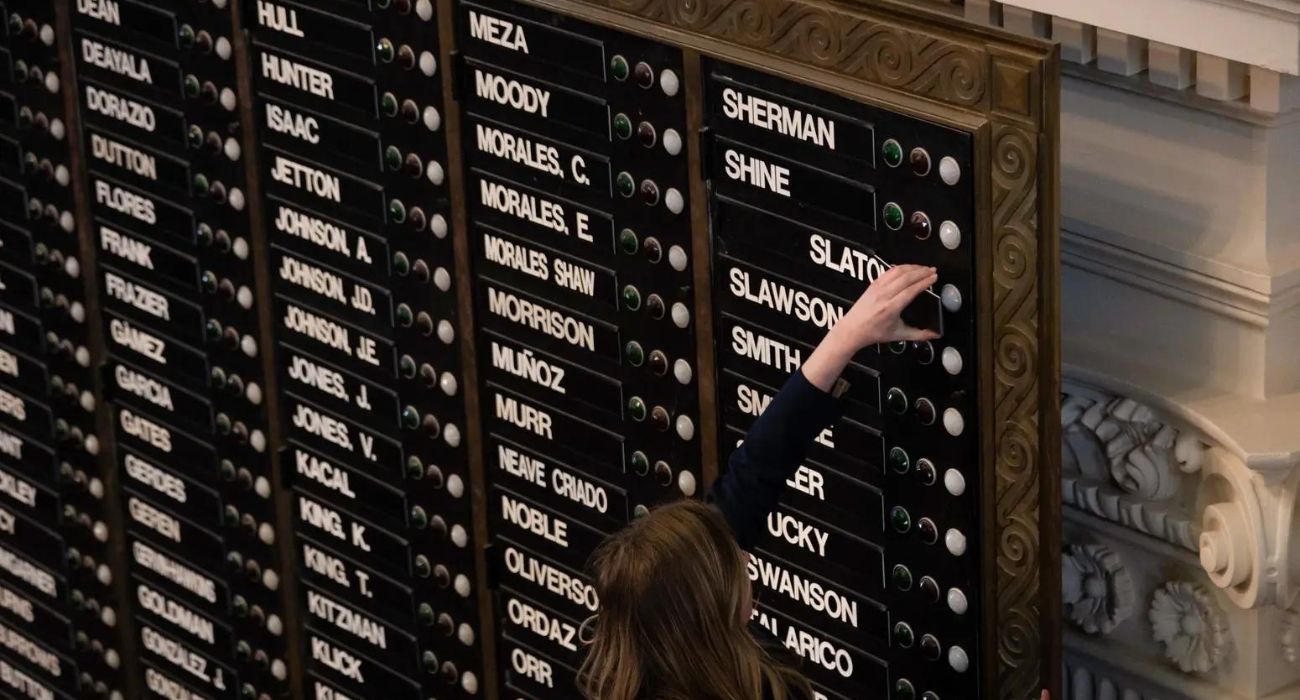Los Angeles Superior Court Judge Terry Green struck down California’s controversial corporate diversity mandate for businesses on April 1.
The law, which began as Assembly Bill 979 and was signed by Governor Gavin Newsom on September 30, 2020, forced all corporations, foreign and domestic, whose principal executive offices are located within the state of California and who have a board of directors to have a certain number of members from “underrepresented communities” on that board.
The New York Times reported that the required number of minority board members would increase proportionally with the company’s size. Fines for non-compliance began at $100,000 for the first offense and $300,000 for subsequent violations.
In October 2020, legal watchdog Judicial Watch filed a lawsuit on behalf of three California clients to have the law struck down, stating in their brief that government-mandated diversity requirements were a violation of the Equal Protection Clause found in Article 2 of the U.S. Constitution.
“This historic California court decision declared unconstitutional one of the most blatant and significant attacks in the modern era on constitutional prohibitions against discrimination,” Judicial Watch President Tom Fitton said. “In its ruling today, the court upheld the core American value of equal protection under the law. Judicial Watch’s taxpayer clients are heroes for standing up for civil rights against the Left’s pernicious efforts to undo anti-discrimination protections.”
Judicial Watch also filed a similar lawsuit in January 2022 against the State of California on the same grounds, attempting to strike down a law mandating all corporate boards of five members have at least two women serving and boards of six or more requiring at least three female members. The organization believes that the lawsuit will have the same outcome as the case decided on April 1.
The court issued a summary judgment striking down the law, meaning that, in the court’s view, the law’s unconstitutionality was evident enough that a full trial was not necessary to make that determination. The court also declined to issue a complete statement detailing its reasoning behind the decision.






